Parenting often means facing inherited patterns. We carry echoes of our own upbringing. Some of these patterns serve us well. Others can be quite damaging. Recognizing these deep-seated influences is the critical first step. It demands honest self-reflection. This process can be uncomfortable.
Recognizing These Deep-Seated Influences
Generational cycles are ingrained behaviors. They pass from one generation to the next. These aren’t always negative. Positive patterns exist too. Think about family traditions. Consider shared values. Identifying both helpful and harmful patterns is key. It helps us see the full picture. Journaling can aid this discovery. Talking to older relatives offers insights. This historical context provides clarity.
Identifying Both Helpful and Harmful Patterns
Our earliest experiences shape us deeply. Childhood trauma leaves lasting imprints. It affects how we parent. Unresolved issues resurface. They influence our reactions. Acknowledging past wounds is vital. It allows for healing to begin. Therapy can provide a safe space. Processing these memories is liberating. It breaks old chains.
Acknowledging Past Wounds
Awareness alone isn’t enough. We must actively work to change. This requires immense dedication. It means challenging old beliefs. Committing to conscious parenting is essential. It’s a daily practice. It involves making deliberate choices. We choose different responses. This builds new pathways.
Committing to Conscious Parenting
Emotional regulation is a core skill. It impacts all interactions. Parents often mirror their parents. If they yelled, we might too. Learning to manage our own emotions is crucial. It sets a new standard. Techniques like deep breathing help. Taking a brief pause is powerful. This allows for thoughtful responses.
Learning to Manage Our Own Emotions
Communication styles are often inherited. Some families avoid conflict. Others engage in shouting. Neither is ideal. Developing healthy communication habits is transformative. It teaches children how to speak. It models respectful listening. Using “I” statements is effective. Expressing needs clearly helps.
Developing Healthy Communication Habits
Boundaries are often weak in dysfunctional cycles. Parents might overshare. Children might feel responsible. This blurs vital lines. Establishing clear personal boundaries protects everyone. It teaches children respect. It models self-worth. Say “no” when necessary. Protect your own energy.
Establishing Clear Personal Boundaries
Forgiveness plays a complex role. It’s not about excusing harm. It’s about releasing bitterness. Releasing the grip of resentment frees us. It allows us to move forward. This process takes time. It can involve self-compassion. Forgiving ourselves is equally important.
Releasing the Grip of Resentment
Seeking external support is a strength. It shows courage. Parenting can feel isolating. Breaking cycles is hard work. Finding a supportive community is invaluable. This could be a therapist. It might be a parenting group. Sharing experiences helps normalize struggles. Learning from others guides us.
Finding a Supportive Community
Self-compassion is absolutely vital. This journey isn’t perfect. There will be missteps. We are learning and growing. Embracing imperfection with grace allows for resilience. Be kind to yourself. Acknowledge your efforts. Celebrate small victories. This fosters continued growth.
Embracing Imperfection with Grace
Breaking cycles redefines parenting, forging a legacy of healing, growth, and conscious connection for future generations.
